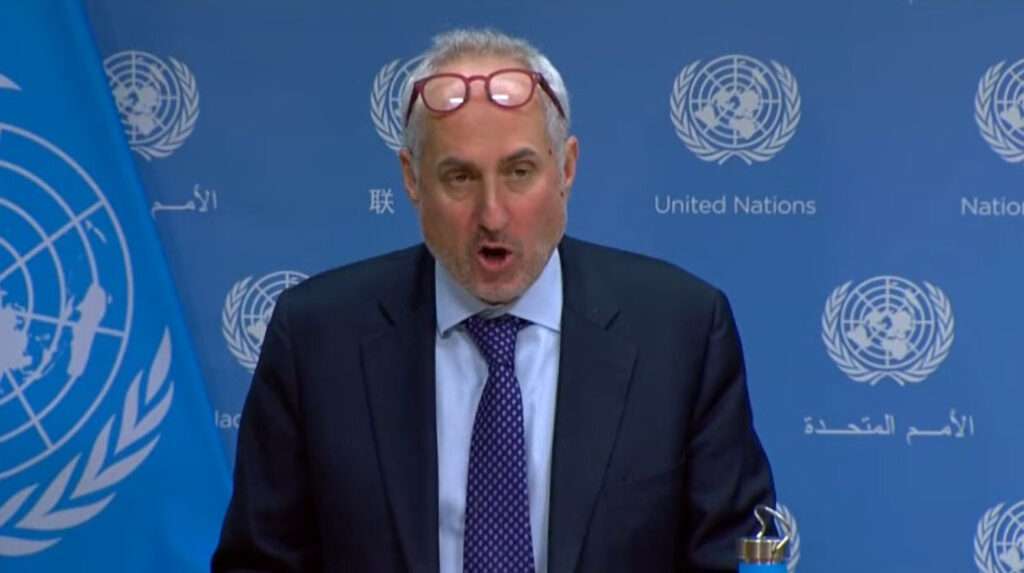New research has suggested that plastic pollution on Earth could reduce by 80 percent by 2040 if countries and companies make policy and market shifts.

The UN Environment Programme (UNEP) claimed that plastic reuse can slash pollution by 30 percent in the next 17 years, while recycling as well as reorienting and diversifying can lead to another 20 and 17 percent decrease, respectfully.
However, experts warned that despite the measures, about 100 million metric tonnes of plastics from single-use and short-lived products will still need to be safely dealt with annually to reach the target.
This, the UNEP said, could be dealt with by setting and implementing design and safety standards for its disposal, such as making manufacturers responsible for products shedding microplastics.
The shift would reportedly result in savings of USD 1.27 trillion (GBP 1.02 trillion), with another USD 3.25 trillion (GBP 2.61 trillion) being saved from improved health, climate, air pollution, marine ecosystems and litigation-related costs.
Moreover, it could also lead to an increase of 700,000 jobs by 2040, mostly in low-income countries, said the report.
UNEP Executive Director Inger Andersen said in a statement obtained by Newsflash: “The way we produce, use and dispose of plastics is polluting ecosystems, creating risks for human health and destabilizing the climate.

“This UNEP report lays out a roadmap to dramatically reduce these risks through adopting a circular approach that keeps plastics out of ecosystems, out of our bodies and in the economy.
“If we follow this roadmap, including in negotiations on the plastic pollution deal, we can deliver major economic, social and environmental wins.”
UNEP officials claimed that the investment costs for the proposed systematic change are significant – USD 65 billion (GBP 52 billion) – which is, however, below the spending needed without it – USD 113 billion (GBP 91 billion).
Much of these – according to the leading environmental authority – can be raised by shifting investments planned for more plastic production, or by introducing a levy on virgin plastic products.
Delaying the policies and measures by five years could lead to an increase of 80 million metric tonnes of plastic pollution by 2030, UNEP warned.
The study is released ahead of a second round of negotiations in Paris, France, on a global agreement to combat plastic pollution.



